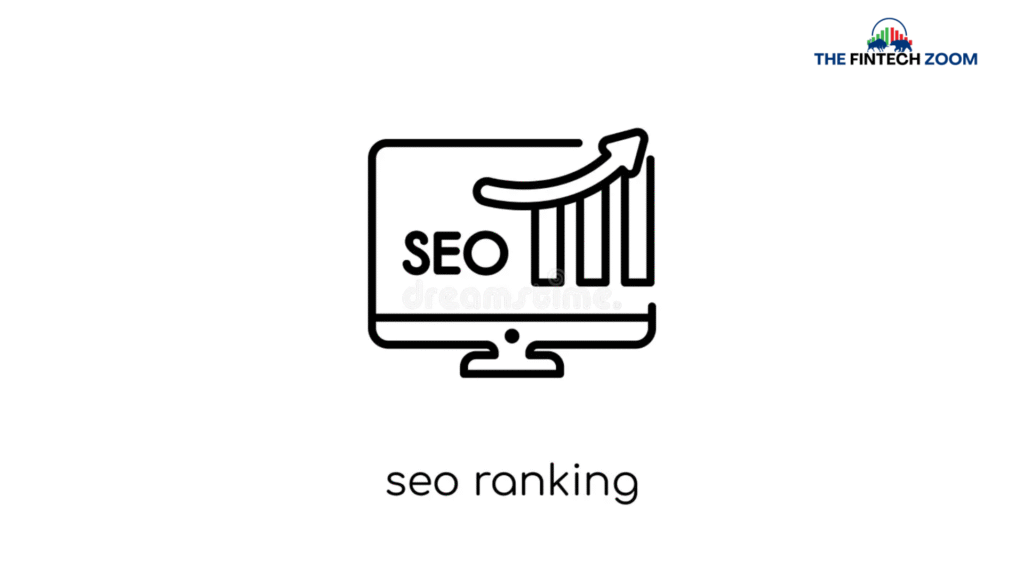Banks Working in Fintech and Their Bold Shift

I still remember when I opened my first bank account. I had to stand in a long queue, fill out paperwork that made zero sense to me, and wait several days to get a debit card. Fast forward to now, I recently opened a fintech bank account using just my smartphone. Five minutes. No queues. No paper. That’s the magic of banks working in fintech—they’re finally catching up with the pace of life.
In this article, we’ll explore the big picture and little details of how banks working in fintech are reshaping everything from customer service to back-end operations. Whether you’re a finance geek, a tech enthusiast, or someone curious about where your money goes in the digital world, this journey is for you.
The Rise of Banks Working in Fintech
The world has changed, and banks have no choice but to change with it. The phrase banks working in fintech has gone from buzzword to business strategy. We’re talking about traditional banks adopting fintech tools and mindsets to stay relevant in a fast-moving digital landscape.
Not long ago, fintechs were seen as disruptors. Now, we see a powerful trend: banks and fintech collaboration. Instead of resisting, banks are teaming up with fintech companies to enhance services and streamline operations.
This collaboration is no longer optional; it’s survival. The fintech disruption in banking is real. From mobile payments to AI-driven customer service, the pressure to innovate is immense.
Why Banks Are Embracing Financial Technology
So, how are banks using fintech exactly? Good question.
Let me share a little story. A friend of mine runs a small craft business. She was frustrated with her traditional bank, which took weeks to approve a tiny business loan. Then she tried a fintech-integrated digital bank and got approved in hours. That bank had fintech banking services built into its system—automated credit scoring, digital documentation, and quick turnaround.
This is the role of fintech in modern banking: speed, flexibility, and personalization. Banks are leveraging fintech tools to:
- Streamline loan processing
- Automate customer service via AI chatbots
- Enable real-time fraud detection
- Personalize user experiences with data insights
Fintech Strategy for Banks: Partner or Build?
When it comes to fintech strategy for banks, there are two main routes: build in-house or partner up. Most traditional institutions are doing both.
- Partnering with Fintech Startups: Think fintech partnerships with banks. This is cost-effective and fast. For example, JPMorgan and Goldman Sachs have partnered with multiple fintech startups for innovation.
- Creating Internal Fintech Divisions: Big banks like BBVA and Citi have internal fintech teams. They’re essentially turning parts of their operations into startups.
This dual strategy helps them stay competitive in an industry where digital transformation in banking is moving fast.
List of Banks Working in Fintech
Here’s a quick fintech banks list that includes major players known for bold innovation:
- JPMorgan Chase: Heavy investment in fintech platforms
- BBVA: Early adopter of open APIs
- Goldman Sachs: Launched Marcus, a digital bank
- Citi: Partnered with fintechs for credit scoring and wealth management
- Ally Bank: Fully digital bank offering high-yield savings
- Monzo and Revolut: Neobanks with fintech roots but holding banking licenses
And yes, we also have a growing list of banks working in fintech in Pakistan:
- UBL: Launched digital banking platforms
- Meezan Bank: Investing in mobile apps and open APIs
- HBL: Collaborating with fintech startups for payment systems
- Faysal Bank: Working on blockchain initiatives
These examples prove that the fintech adoption by major banks isn’t limited to the West. It’s a global shift.
Fintech Innovation in Banking: Real Results
Let’s get real. All this talk about innovation means nothing if it doesn’t improve lives.
One example I love is open banking fintech. This gives customers the power to share their financial data with third-party apps to get better services. Want a budgeting tool that tracks your spending across multiple accounts? Done.
Customer experience in fintech banking is no longer just about mobile apps. It’s about understanding behavior, preferences, and offering real-time solutions.
We now see legacy institutions undergoing a digital banking transformation so dramatic that it almost feels like they’re startups. This is especially true in legacy banks and fintech integration, where old systems are being replaced or reengineered.
Banks Investing in Fintech Startups
Banks aren’t just using fintech; they’re buying into it—literally. Banks investing in fintech startups is a major trend. These investments help banks:
- Gain early access to new technologies
- Influence fintech product development
- Stay ahead of customer expectations
For instance, Citi Ventures has invested in over 30 fintech startups. Meanwhile, Santander has launched an entire fintech fund.
This isn’t charity. It’s smart business.
Fintech Bank Jobs: A New Career Frontier
As this ecosystem grows, so do opportunities. Fintech bank jobs are booming, offering roles in:
- UX/UI Design for digital apps
- AI and Machine Learning
- Cybersecurity
- Data Analytics
- Product Management
I actually transitioned into fintech content writing myself. It all started with an internship at a digital bank, where I helped create educational guides. That path led me here.
If you love tech and finance, there’s never been a better time to jump in.
Challenges Ahead: It’s Not All Smooth Sailing
Now, let’s not sugarcoat things. The fintech impact on the banking sector is a double-edged sword. Banks face real challenges:
- Legacy infrastructure that resists change
- Cybersecurity threats
- Regulatory hurdles
Despite that, the momentum is unstoppable. The synergy of financial institutions in fintech and agile tech partners is breaking barriers.
Looking Back, Looking Forward
Reflecting on my own experience, I can say this: when I first noticed banks upgrading their mobile apps, I thought, “Wow, they’re finally trying.” But now? They’re not just trying—they’re evolving.
The line between a fintech company and a traditional bank is blurring. And the result is a smarter, faster, and more inclusive financial system.
If you’re still banking like it’s 2005, now’s the time to explore. Whether you’re a customer, investor, or job seeker, the wave of banks working in fintech is one worth riding.
FAQs
1. What are banks working in fintech?
These are traditional or digital banks that incorporate financial technology to enhance services, improve operations, and innovate in the banking industry.
2. How are traditional banks adopting fintech?
They do this by partnering with fintech startups, investing in technology, creating in-house fintech teams, and transforming legacy systems.
3. What is the benefit of fintech in banking?
Faster service, personalized customer experiences, better financial tools, and greater access to financial services.
4. Are there banks working in fintech in Pakistan?
Yes. UBL, HBL, Meezan Bank, and Faysal Bank are actively adopting fintech strategies in Pakistan.5. What kind of jobs are available in fintech banks?
Jobs in fintech banks include roles in data science, AI, cybersecurity, app development, and digital marketing.











